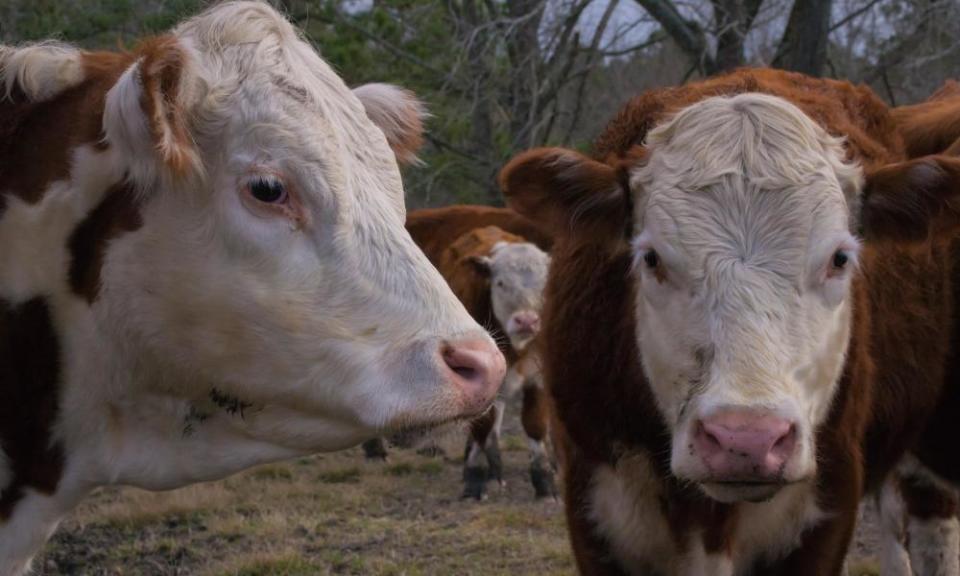Australia demands compensation over Brexit trade disruption

Australia and a host of non-EU countries are demanding compensation from the UK and the EU for Brexit-related disruption to trade.
During negotiations at the World Trade Organization in Geneva, Australia said its beef and lamb exports had already been adversely affected by Brexit confusion.
The country’s claim that Australian farmers suffered losses and could continued to do so won immediate support from 14 countries including the US, India, New Zealand, China and Canada. Australia’s complaint, which was fleshed out in a formal proposal for compensation, related to the complex ramifications of Brexit on the inter-hemisphere meat trade.
Related: Can UK get 'super Canada-plus' trade deal with EU by end of 2020?
The EU limits the volume of agricultural imports from the rest of the world that can come into the trading bloc without full tariffs being applied. A certain amount can come from outside the EU, subject to a finite number of “tariff rate quotas” (TRQs) which allow for lower or reduced duties, rendering exports economically viable for non-EU producers.
Britain’s departure from the EU would take with it a portion of the “tariff rate quotas” available to Australian companies, but the two sides cannot agree on how meat should be carved.
Australia said that it could suffer a reduction in its $366m (£284m) of annual meat exports to the UK and EU as a result and claimed its industry had suffered disruption due to Britain’s exit from the EU being delayed three times.
Related: Australia to join major Asia-Pacific trade deal RCEP but India holds out
“Compensatory concessions should be provided to affected WTO members for loss of market access,” an Australian official told a meeting of the WTO Council, according to the Australian Financial Review. “Australia cannot accept the assertion by both the EU and the UK that no compensation is required.”
“It is clear the proposed modification to TRQs will lead to significant economic loss, by not only removing flexibility in where product is sent year to year, but also by rendering some TRQ allocations too small to be commercially viable,” the statement said. “The onus is now on both members [the UK and EU] to move beyond their position of ‘no compensation’.”
The US called the EU and British proposals “unjustifiable” and New Zealand said it undermined the general principle that no change to existing WTO arrangements should leave WTO members worse off. Brazil also commented, saying that trade arrangements proposed for Northern Ireland could breach WTO rules.
A spokesman for the UK’s Department for International Trade said: “We have set out our goods schedule at the WTO to maintain the existing balance of rights and obligations between the UK and our trading partners.
“The UK has entered into negotiations with affected countries under the GATT (General Agreement on Tariffs and Trade) Article XXVIII process to maintain the current balance of rights and obligations.”
Australia is in the midst of negotiating a free-trade agreement with the EU and has signed a “mutual recognition agreement” with the UK after a globe-hopping trade mission by Liam Fox, the former trade secretary.

 Yahoo News
Yahoo News 